Blog
HR Lawyer's Guide to AI in Recruitment and Hiring
October 19, 2025 Leslie Smith
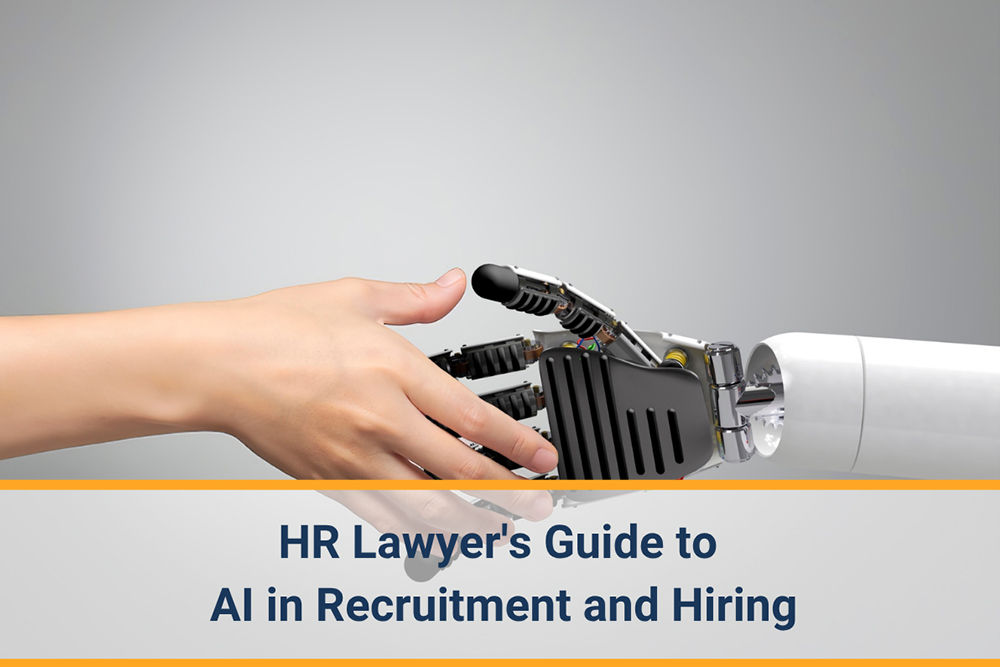
AI and Recruitment: An HR Lawyer’s Perspective on Compliance
As an HR lawyer practicing in Oakville, Ontario, I'm witnessing a fundamental shift in how organizations approach recruitment. Artificial intelligence and automated screening tools are transforming hiring processes across Canada. However, these technological advances create complex legal compliance challenges that many employers underestimate. Understanding the legal framework surrounding AI in recruitment is now essential for organizations.
Why Every HR Lawyer Focuses on AI Compliance
The integration of AI into recruitment processes raises significant legal concerns. Canadian human rights legislation prohibits discrimination based on protected grounds. When AI systems make or influence hiring decisions, they must comply with these fundamental protections.
AI algorithms can inadvertently perpetuate historical biases present in training data. For example, if historical hiring data reflects gender imbalances in certain roles, AI systems may learn and replicate these patterns. As an HR lawyer, I advise clients that algorithmic bias can create substantial legal liability.
Courts and human rights tribunals are beginning to address AI discrimination cases. Organizations using AI recruitment tools must proactively address bias risks. Waiting for complaints or legal challenges is not a viable strategy.
Algorithmic Bias Prevention: The HR Lawyer's Perspective
Preventing algorithmic bias requires ongoing vigilance and testing. AI systems must be regularly audited to identify potential discriminatory patterns. These audits should examine whether the AI treats candidates from protected groups differently.
Key steps for bias prevention include:
- Using diverse training data sets
- Establishing clear criteria for what constitutes a qualified candidate
- Regular testing across different demographic groups to identify problematic patterns early
As an HR lawyer at Leslie J. Smith Law in Oakville, I recommend documenting all bias testing and mitigation efforts. This documentation becomes crucial if discrimination complaints arise. It demonstrates the organization took reasonable steps to prevent discriminatory outcomes.
Privacy Legislation and HR Lawyer Compliance Requirements
Canadian privacy legislation significantly impacts AI recruitment tools. The Personal Information Protection and Electronic Documents Act (PIPEDA) governs how private sector organizations collect and use personal information. Provincial privacy laws may also apply depending on jurisdiction.
AI recruitment systems often collect extensive candidate data. This data collection must comply with privacy principles including consent, limited collection, and specified purposes. Candidates have rights regarding how their information is used.
Automated decision-making raises particular privacy concerns. When AI systems make hiring decisions without human involvement, organizations face heightened transparency obligations. Candidates generally have the right to know when automated systems influence decisions affecting them.
What HR Lawyers Know About Candidate Data Storage
Proper data storage and retention practices are essential for legal compliance. Organizations must implement appropriate security safeguards to protect candidate information. Data breaches involving candidate information can result in significant penalties and reputational damage.
Retention periods for candidate data should be clearly defined and justified. Keeping candidate information indefinitely creates unnecessary privacy risks. As an HR lawyer, I advise establishing clear data retention policies aligned with legal requirements.
Cross-border data transfers add another layer of complexity. If AI recruitment tools store data outside Canada, organizations must ensure adequate privacy protections exist. Different jurisdictions have varying privacy standards that may conflict with Canadian requirements.
Transparency Obligations: The HR Lawyer's Checklist
Transparency represents a fundamental principle in AI recruitment compliance. Candidates have rights to understand how hiring decisions are made. When AI systems influence these decisions, organizations must provide appropriate disclosure.
Key transparency obligations include:
- Informing candidates about AI use in screening processes
- Explaining what factors the AI considers
- Providing a way for candidates to request human review of automated decisions
As an HR lawyer, I recommend developing clear candidate communications explaining AI use. These communications should be accessible and understandable to average candidates. Legal jargon should be avoided in favour of plain language explanations.
HR Lawyer Guidance on Candidate Rights
Candidates have specific rights when AI systems influence hiring decisions. These rights include requesting information about the logic involved in automated decisions. Candidates can also challenge decisions they believe are discriminatory or unfair.
Organizations must establish processes for handling candidate inquiries and complaints about AI systems. These processes should include human review mechanisms. Ignoring or dismissing candidate concerns creates legal risks.
When candidates request information about AI decision-making, organizations must respond appropriately. Claiming proprietary algorithms prevent disclosure rarely satisfies legal obligations. Balancing trade secrets with transparency requirements requires careful legal analysis.
Implementing AI Recruitment Tools: HR Lawyer Best Practices
Before implementing AI recruitment tools, organizations should conduct thorough legal reviews. These reviews should assess compliance with human rights legislation, privacy laws, and employment standards. Vendor contracts should clearly allocate responsibility for legal compliance.
Regular monitoring and auditing of AI systems should be mandatory. These audits should examine both technical performance and legal compliance. Documentation of monitoring activities provides important legal protection.
At Leslie J. Smith Law in Oakville, we help organizations navigate the complex legal landscape of AI recruitment. Our experience as HR lawyers allows us to identify compliance gaps before they become legal problems.
Contact Leslie J. Smith at 905-257-7714 or contact us for expert guidance on AI recruitment compliance. Proactive legal advice helps organizations leverage technology benefits while managing legal risks effectively.
Archive
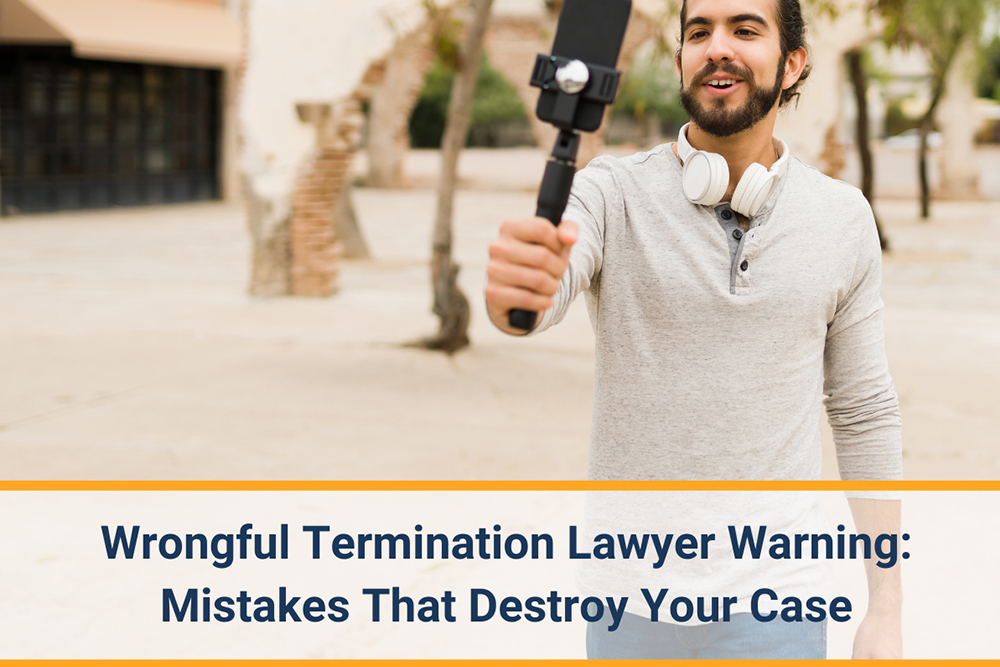
January 22, 2026 | Leslie Smith
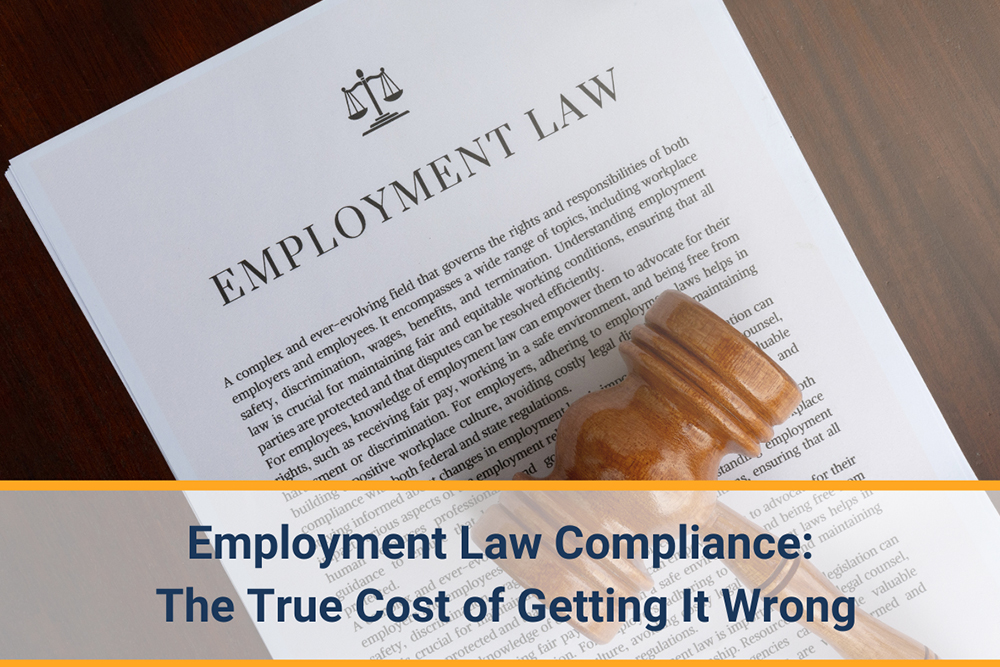
December 5, 2025 | Leslie Smith
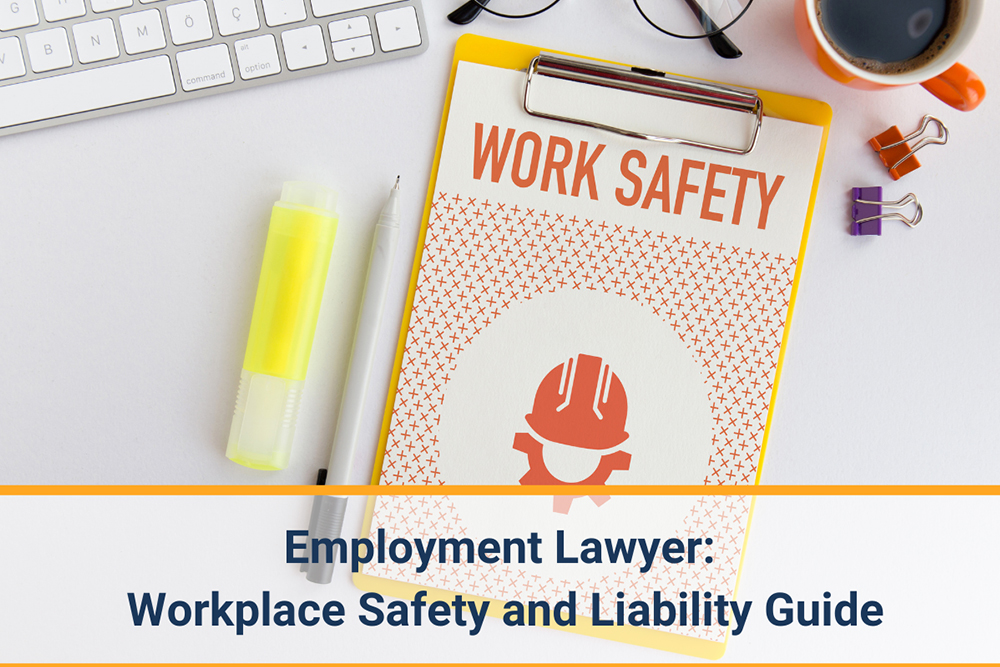
November 20, 2025 | Leslie Smith

October 19, 2025 | Leslie Smith

September 19, 2025 | Leslie Smith
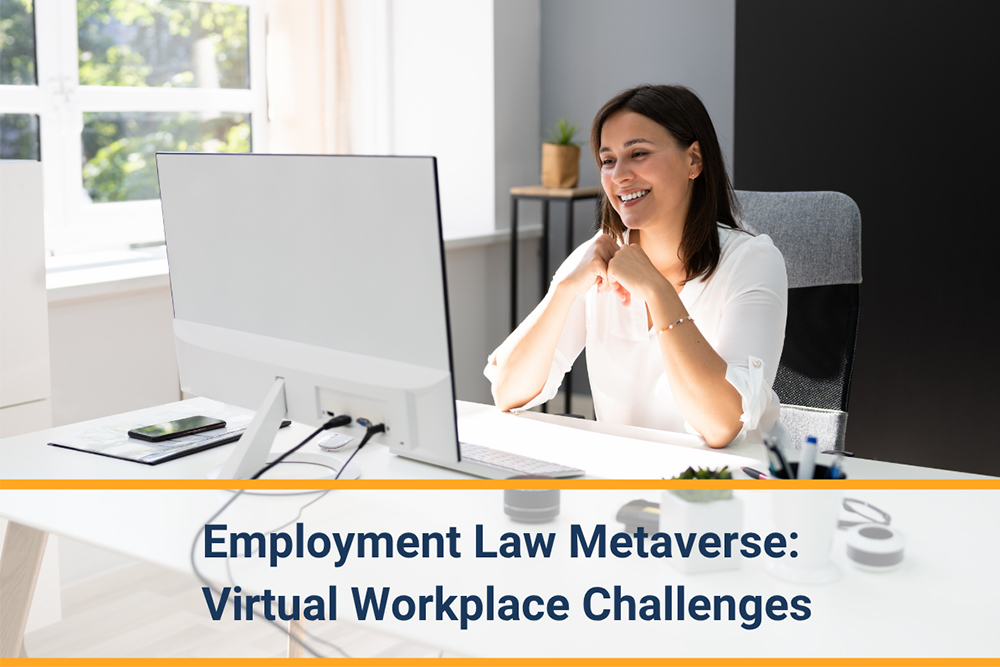
August 6, 2025 | Leslie Smith
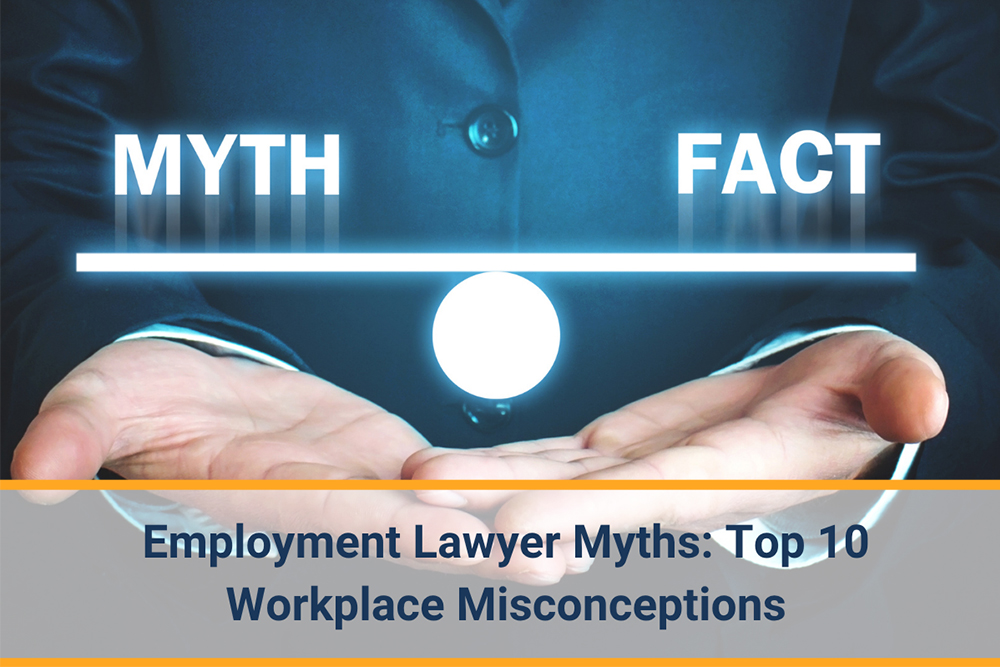
July 17, 2025 | Leslie Smith
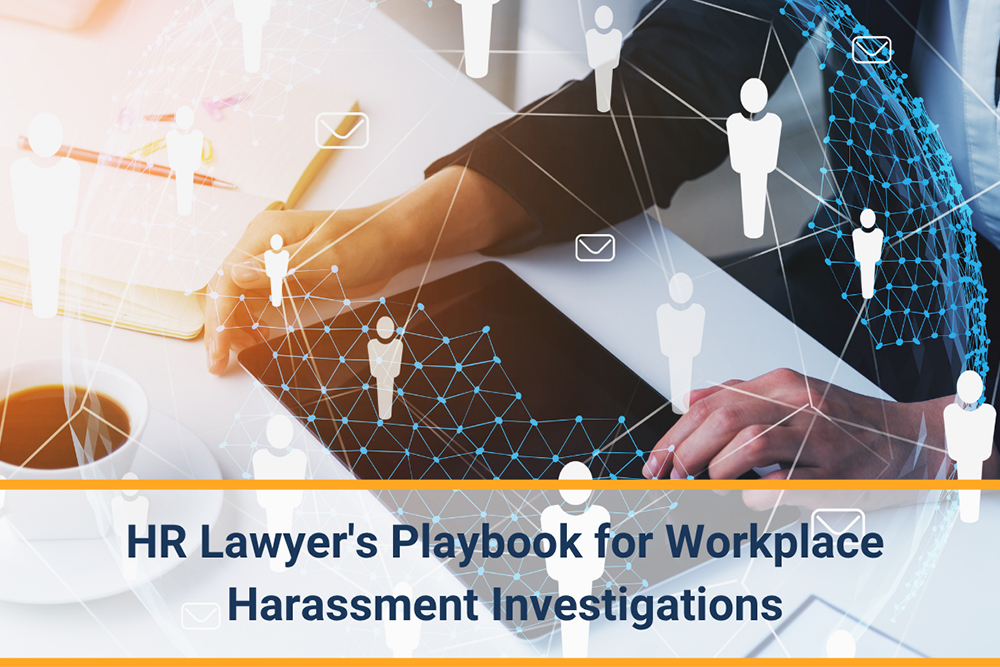
June 12, 2025 | Leslie Smith

May 11, 2025 | Leslie Smith
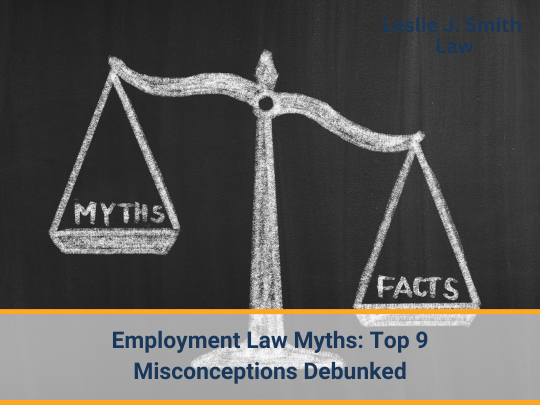
April 8, 2025 | Leslie Smith
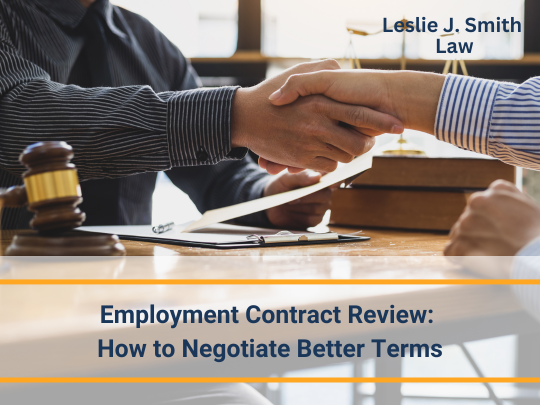
March 8, 2025 | Leslie Smith
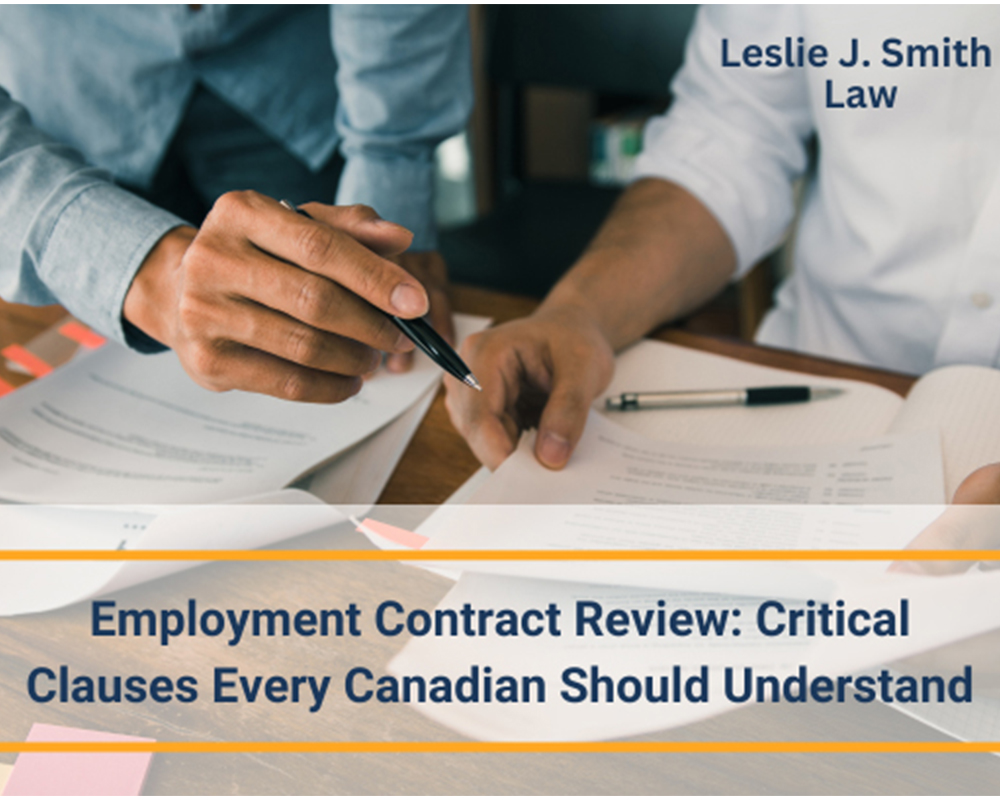
February 5, 2025 | Leslie Smith

January 25, 2025 | Leslie Smith
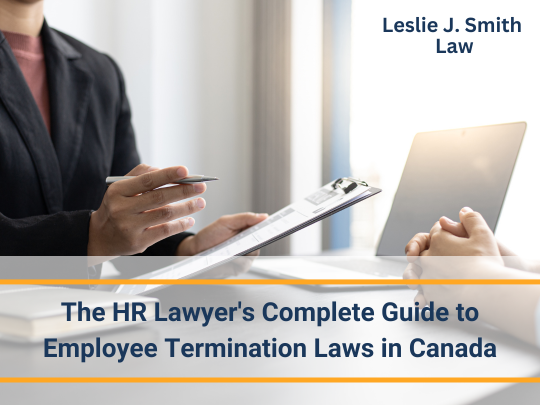
January 11, 2025 | Leslie Smith

December 10, 2024 | Leslie Smith
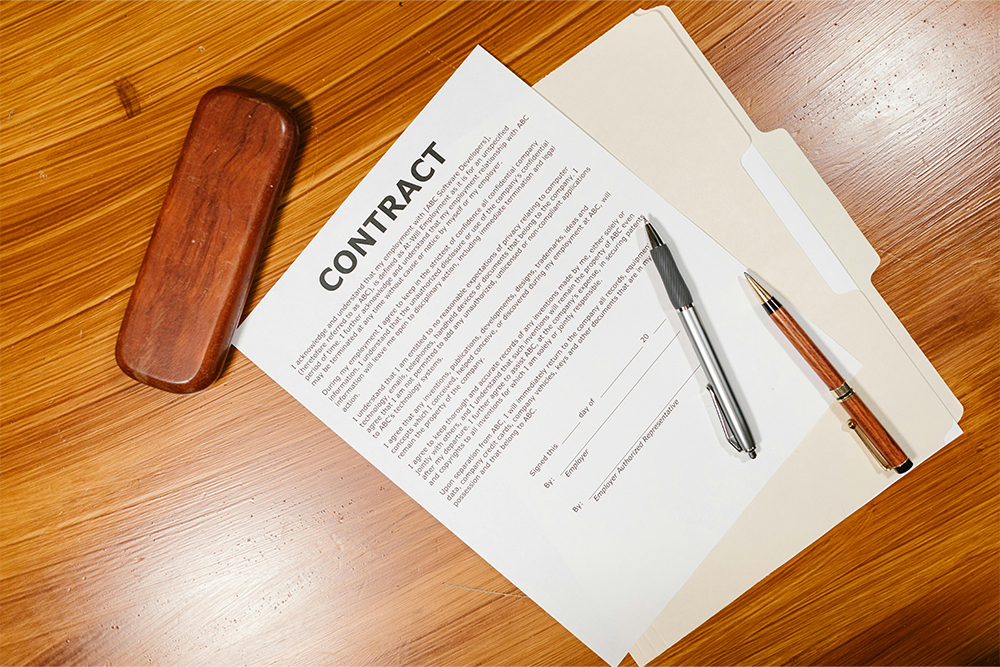
December 5, 2024 | Leslie Smith
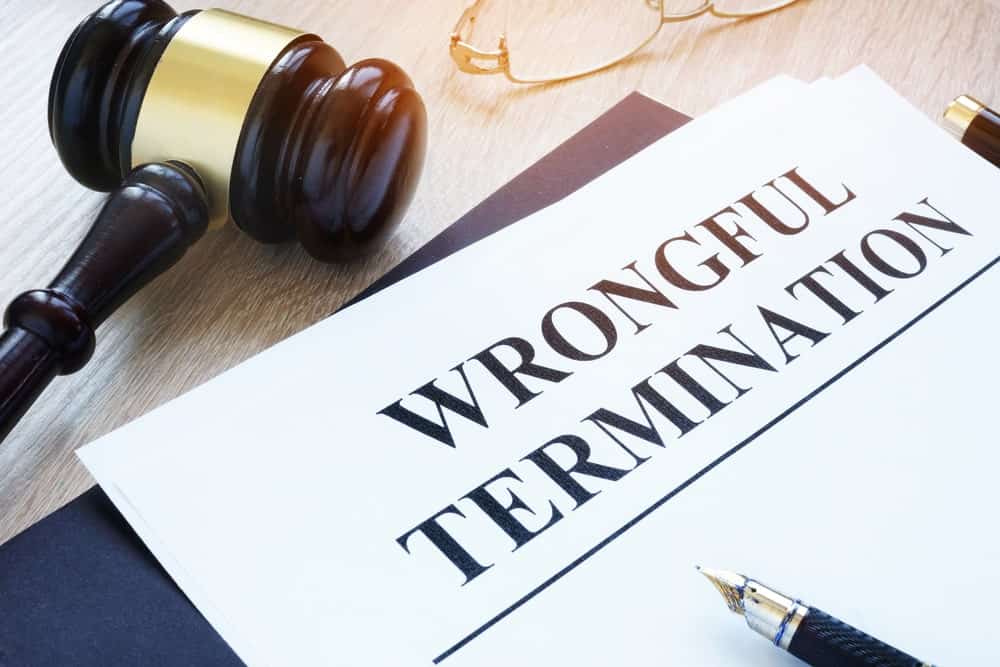
November 9, 2024 | Leslie Smith
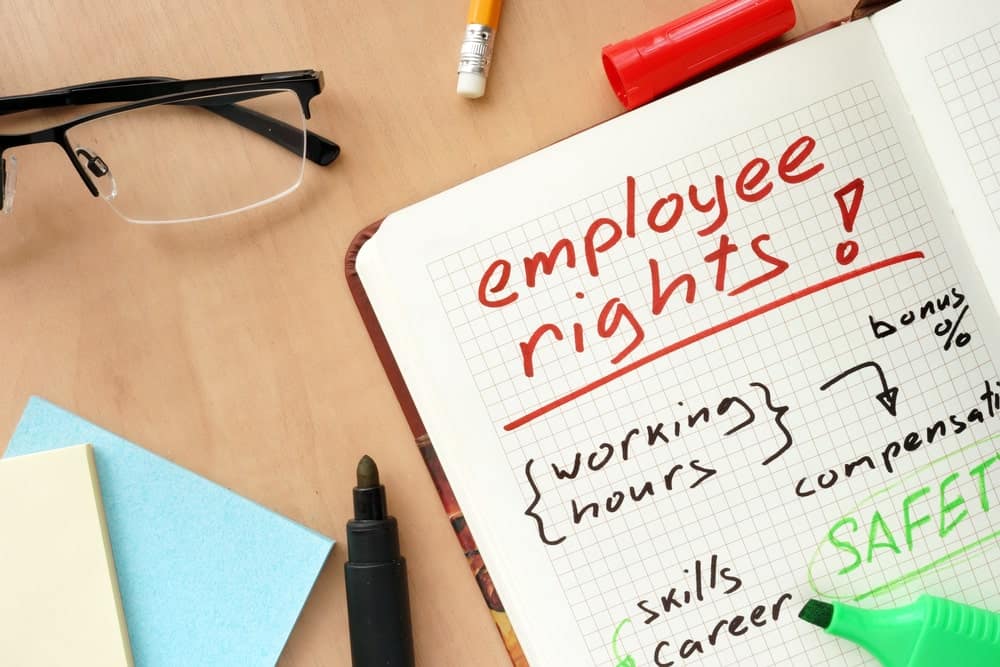
October 18, 2024 | Leslie Smith
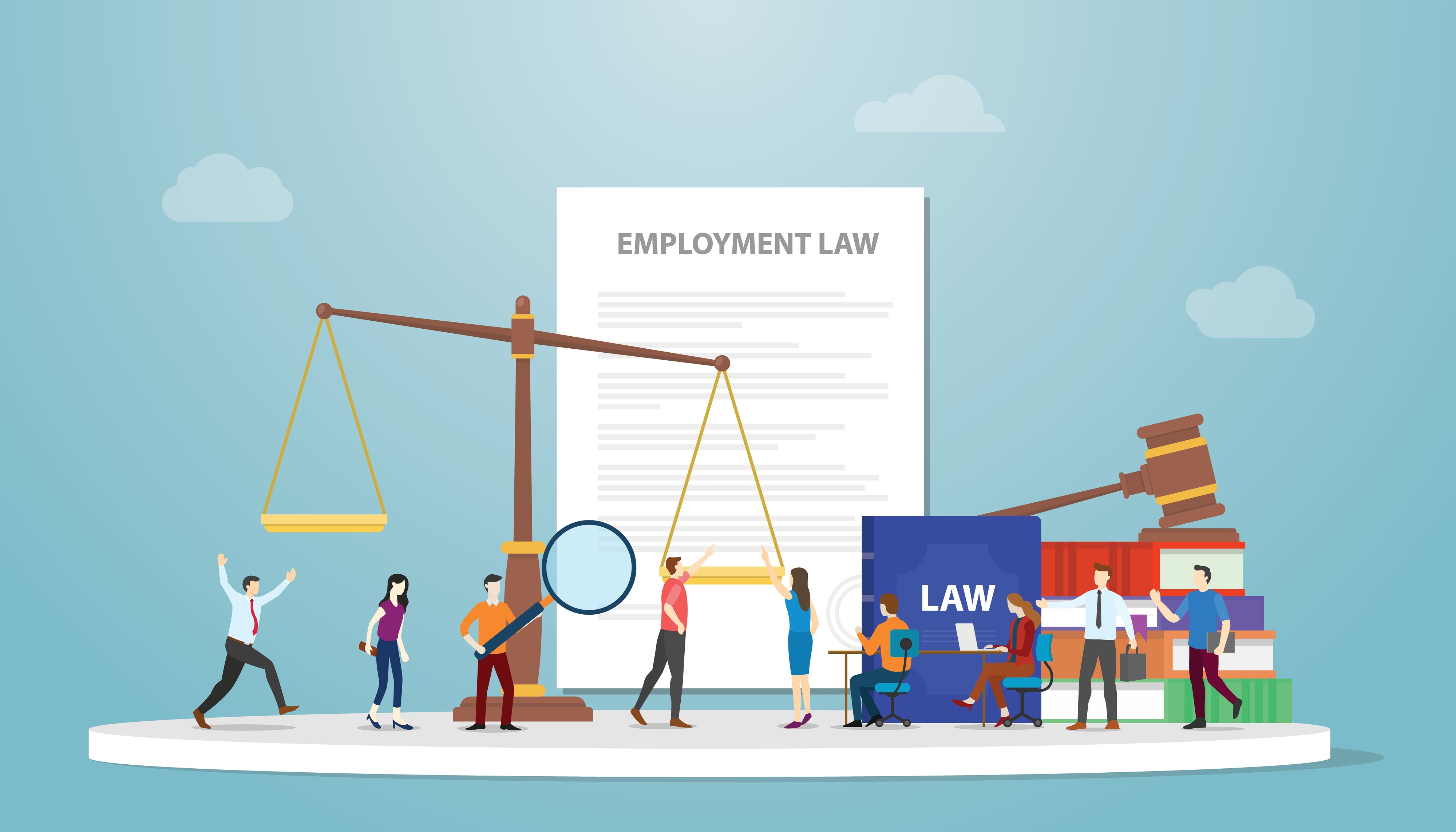
July 14, 2022 | Leslie Smith

April 22, 2022 | Leslie Smith








